#BCBA
Text

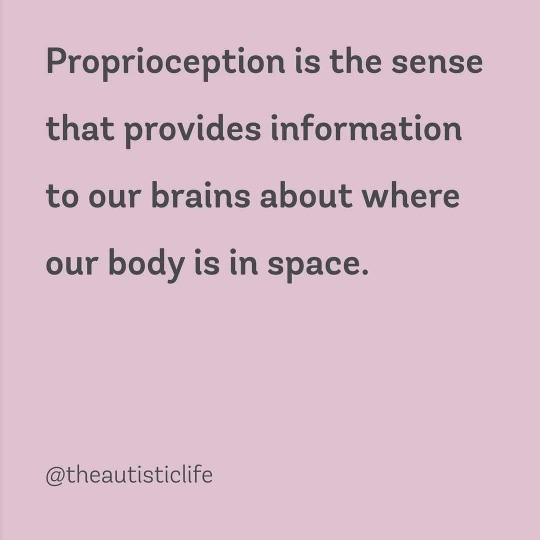
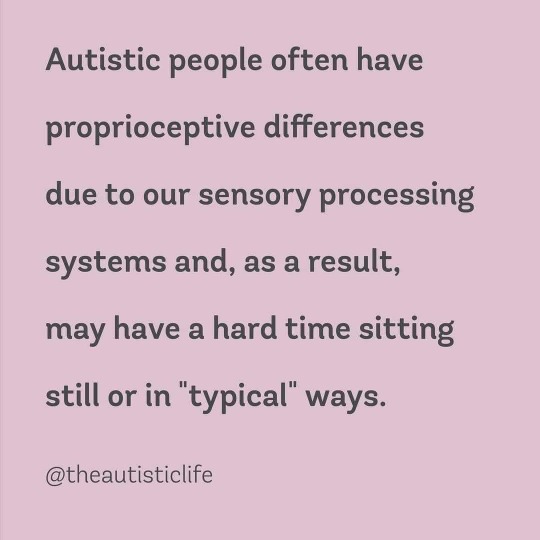
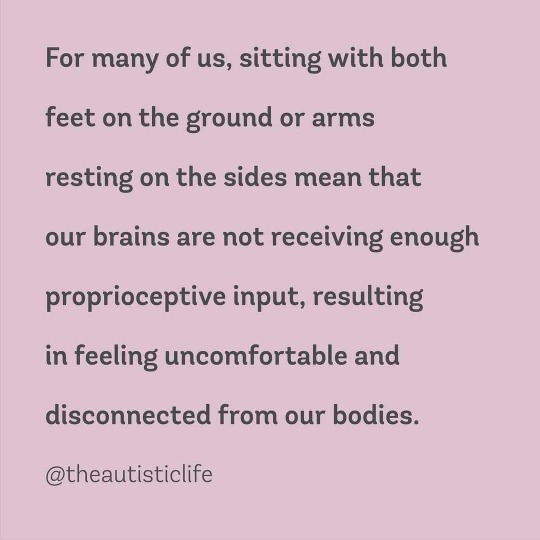
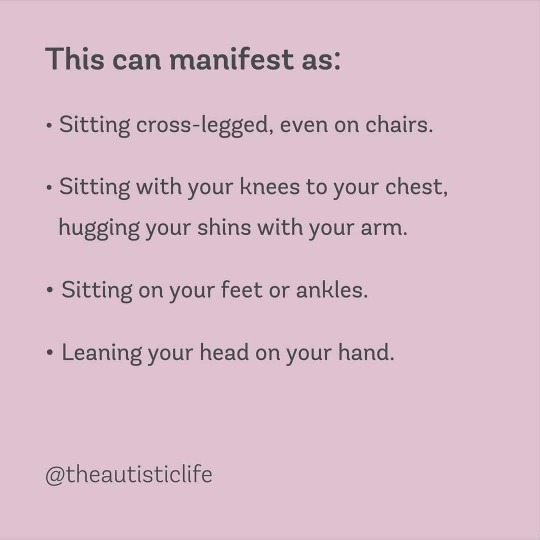

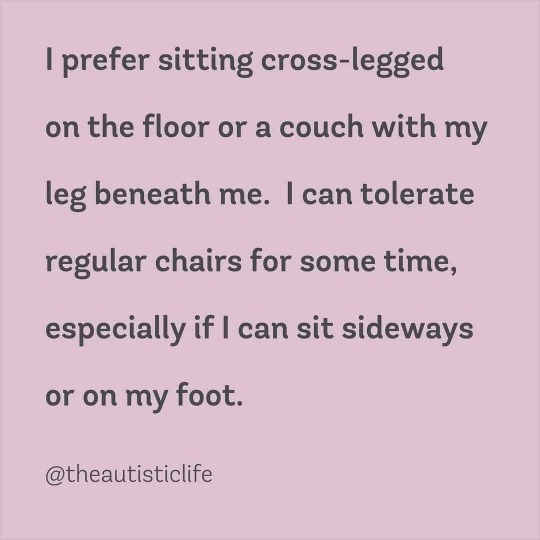


Thank you at The Autistic Life
#asd#tea#autism#autismo#autistic#autista#adhd#audhd#neurodivergent#neurodivergente#neurodiversity#neurodiversidad#actually audhder#actually neurodivergent#neurodivergent community#comunidad autista#autistic community#comunidad educacional especial#comunidad tdha#comunidad neurodivergente#special needs community#sped mom#sped teacher#SLP#OT#BCBA#aba#behavior#sensory#teacher
15 notes
·
View notes
Text
Things Parents of Children with Autism/ADHD/Developmental Delay/Intellectual Disability/etc. Should Know Before Agreeing to Applied Behavior Analysis Services (This is not a complete list but it has some that I consider most important):
You WILL see online criticism of people who have had bad experiences with ABA. You want a provider that is client-centered and cares about your child's needs and wants and makes sure that the process includes GETTING TO KNOW YOUR CHILD AND YOU and establishing a positive relationship before placing any sort of expectations on the child. People do not want to change their behavior or habits for someone they do not care about. And you want a provider that is trauma-informed and will take ALL PRECAUTIONS against causing trauma, using evidence-based behavior analytical treatments and focusing on reinforcement and letting the child make decisions throughout much of the process, and including you in it too.
It is meant to be an INTENSIVE SERVICE. It is based on the client's needs how many hours services should provide in a clinic or in your home, but this could range to anywhere from 10-20 hours on average. Sometimes more or less. Not being able to arrange those hours can cause more harm than good should your child have many needs or delays.
Daytime hours during the school year get you off the waitlist faster. Evening school hours are always taken first during the academic year. We often struggle finding families willing to take their kids out of school early or take them late. ABA companies should not pressure you on what choice to make, but if you feel your child could benefit or if you are experiencing high-intensity behaviors of concern such as aggression or elopement, it may be able to get you services faster. We are ALWAYS looking for daytime sessions!
Your participation is NECESSARY for success. The child must have interventions that are consistent across places and people. Otherwise, it will most likely be less effective or not effective at all. We want to teach you the strategies we use that show to be successful and work with you and the child! We want to work to the point where the child and the family does not need us anymore! But we cannot do that if you do not learn and accept teaching from us. And often insurances require it and will not pay anymore if the report shows you are not participatong and implementing. We are a service meant to enhance the lives of clients in a way that gives them wider access to things they want and like, build more meaningful relationships, and learn new skills that benefit them. If you do not want to participate, then you are probably thinking of a different service, such as having an attendant.
A good provider who is client-centered is not there to reduce behaviors others find "annoying" or "disruptive", such as stimming. They can be taught skills to help increase attention to tasks and temporarily redirect them, but it is often unethical and harmful to the child to stop them from doing it altogether. The treatment plan may even incorporate time for the child to be able to stim/flap hands/rock their body/etc. on purpose because often, they need it to regulate themselves. It feels good. It's their version of tapping fingers when nervous, playing with a strand of hair, etc. It would be unethical to make a client uncomfortable just because a behavior does not look "normal". If if truly hurts them to do the behavior, such as banging their head against a wall, then it will be addressed for safety concerns.
#applied behavior analysis#ABA#autism awareness#autism#adhd#developmental delay#trauma#intellectual disability#BCBA#board certified behavior analyst
50 notes
·
View notes
Text
"I wanna reincarnate!" cried my 19-year-old client, a girl who battles with schizotypal disorder, psychosis, and Bipolar Stage 1. She was crying uncontrollably due to feeling she was ugly. After a suicide attempt, she now faces lifelong disability. Every day is a challenge, and she's lost her will to live. Through her tears, she reached out to me and pleaded, "Help me," hugging me tightly. I embraced her, tears forming in my eyes. Her pain was palpable, and I felt sorry for her. I could only imagine the intensity of her struggle.
But is the next life guaranteed to be better? Life is difficult, yet nothing can compare to what she and her parents are going through. Sometimes, I feel bad by the fact that they pay for my services. It weighs on me, even though I need to take care of myself and cover my expenses. Nonetheless, facing my patients is a challenge. Each child and their parents endure immense suffering.
#patients#bcba#behavioral therapy#schitzophrenia#bipolar disorder#psychosis#autism#struggle#reincarnation
8 notes
·
View notes
Text
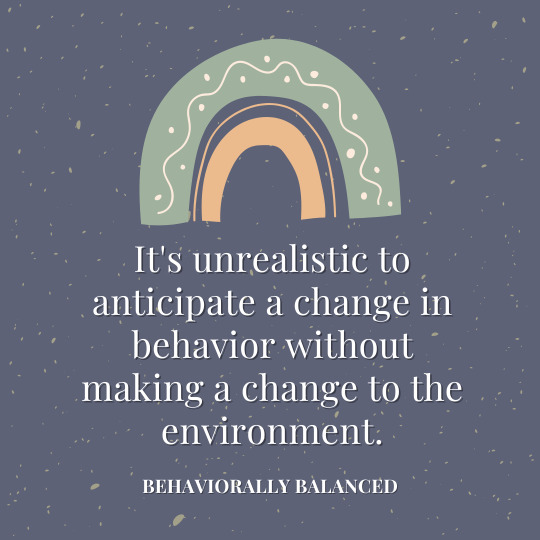
You have to change the environment to see real change.
#bcba#bcaba#mindfulness#mental health#self care#self improvement#education#psychology#meditation#bb community#self love#self help#positive quotes#life quotes#words#student life#study tips#behavior and cognition#behavior management#behavior change#applied behavior analysis
14 notes
·
View notes
Text
I work in the field of aba (applied behavioral analysis) and have been for a little over a year. I started off really passionate about positively influencing the lives of children under the spectrum, because as an adult with adhd, I understood how hard it is as a kid to live in a not-so-opened minded neurotypical society.
I myself was bullied, left out, and made to feel unimportant on numerous occasions. I lacked the correct social skills, trying to mirror my peer’s behavior, yet being completely far off, and struggling to fit in for years. I’ve dealt with anxiety and depression with no outlet and proper coping mechanisms, all made worse with skewed communication skills. All of which I still struggle with today.
I started as a bt(behavior technician) and was quickly pushed into getting my license to become an rbt (registered behavior technician). On the journey to getting my license, I tried to soak up as much information as I could. It was very important to me to be a voice for the children. I had more downs then ups, as I put more pressure on myself then I should.
I wasn’t worried about running targets and gathering data. I wanted to ensure a good quality of life for my children. I’ll always call them my children, because I care for them that much. It’s almost maternal. I cry over my kids, worry about my kids, get angry at my kids. I love them more than anything in the world, I never knew I was capable of love until I got into the field.
Rbts don’t just work alone, we’re directly below bcbas (board certified behavior analyst). They make the plans for the kids, as the rbts run the sessions and gather the data bcbas need. Since the bcbas aren’t in session, it’s incredibly important that the rbt is collecting the right data and being extremely analytical over the session.
In my short time in being an rbt, I’ve been made to feel unimportant (as mentioned before) by numerous senior rbts and most importantly, bcbas. In my personal opinion, not being in a session can make it quite easy for a bcba to make the wrong decisions. In the past I’ve been quite vocal about ideas and goals that my kids can have long term, or just to push them into their next step of life. With children who are learning to functionally communicate, I step up and speak for them if I notice anything. I’m not a bcba, so technically I’m not legally allowed to run something without a bcba knowledge. But once again, my voice doesn’t matter.
As well as taking data, rbts are required to speak to parents. Not just about the child’s day, but for goals, progress, regression, and behaviors. Parent communication is very important, but parents implementing the same strategies as rbts is even more important. Some parents are amazing, but some parents drop their children off as an aba clinic is a daycare. It is far from it.
It’s very difficult watching parents drop their kids off in sick states, or seeing them come in minimal clothing in extreme cold. I’ve seen parents listen to therapist feedback and do the opposite of protocol,ensuring intense behaviors for therapist. As a parent it’s very difficult to live with the behaviors, so I undertstand how hard it may be. But as a therapist, I feel as if I’m not doing enough for my kid because they’re not making progress, because I can’t get them there alone. Parent cooperation is key.
I continue to get shot down and made to feel like I’m incompetent. I don’t know if it’s my age or minimal experience, but whatever the case may be, I no longer want to allow myself to be in spaces where I don’t feel heard. This is a really difficult thought for me to have, as I feel like I’m giving up on so many kids who just need someone to care about them. But I can acknowledge that in this field, caring isn’t always enough.
In the beginning I definitely tried my best. Advocating for my kids wasn’t the hard part, but my mental state is rapidly declining in the process. I truly still want to advocate for my kids, but when I voice my opinions I feel like what I’m saying is wrong.
I believe that stepping out of the field is my best option. To sit and watch fellow rbts and bcbas care too little or not at all for my kids has taken an incredible toll on my mental health. If you’re a parent or friend of someone interested in bringing a child into an aba clinic, please be sure you know exactly who is with them. There’s good therapists and bcbas , but there’s also a lot of people who just so happened to get their license and want a check.
3 notes
·
View notes
Text
Getting Started
Testing this out. My name is Dr. Tara Sheehan, BCBA. I am a Board Certified Behavior Analyst specializing in Severe Behavior Disorders in children and I have over 20 years experience working with children who have been diagnosed with Autism, ADHD, and ODD, and other conditions.
2 notes
·
View notes
Photo

Every journey begins with a single step.
Do you have big goals but don't know where to start? Medusa can help you determine how to take that first step✨
#BCBA#Board Certified Behavior Analyst#Board Certified#Medusa Boost#Reach your goals#Motivation#Goal setting#Take the first step#Personal development#behavior change
3 notes
·
View notes
Text
Hi everyone!
I'm currently enrolled in the ABA foundations course at Capella University and I'm on the lookout for someone who holds a BCBA certification to interview for an upcoming assignment. If you're a BCBA certified professional and are interested, please comment below and I'll get in touch with you. While I only need one participant, I'm hoping to conduct a few interviews to gather more information for my report. Thank you!
0 notes
Text

0 notes
Text

Get your data-gathering groove on with our "Collecting Data Is My Cardio" shirt! This tee is the perfect gift for behavior analysts, BCBA-certified professionals, and special education teachers. Embrace your passion for data-driven insights and show your dedication to autism awareness and ABA therapy. Wear it proudly as a statement of your commitment to making a positive impact!
#datacollection#behavioranalyst#BCBA#specialeducation#autismawareness#ABATherapist#tshirt#giftideas#datadriven#passion#dedication
0 notes
Text

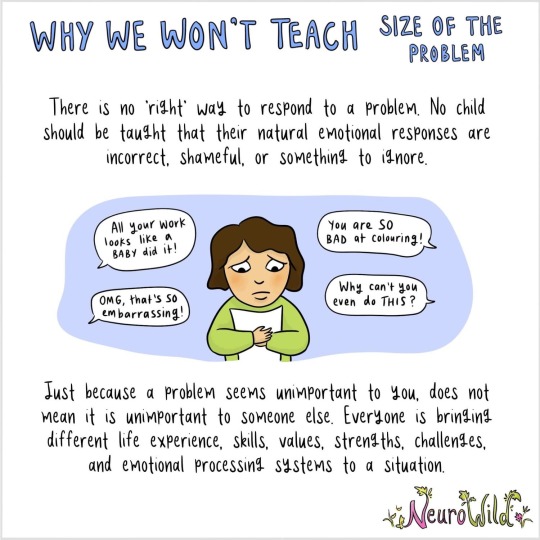
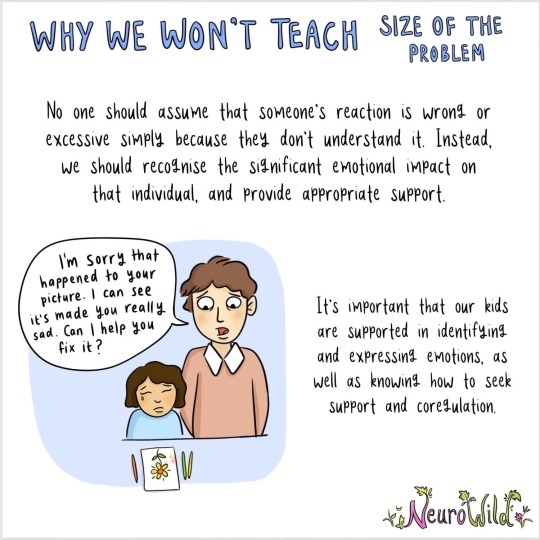
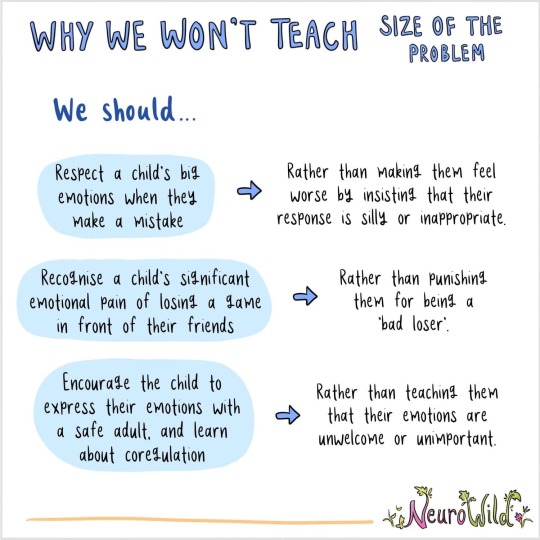
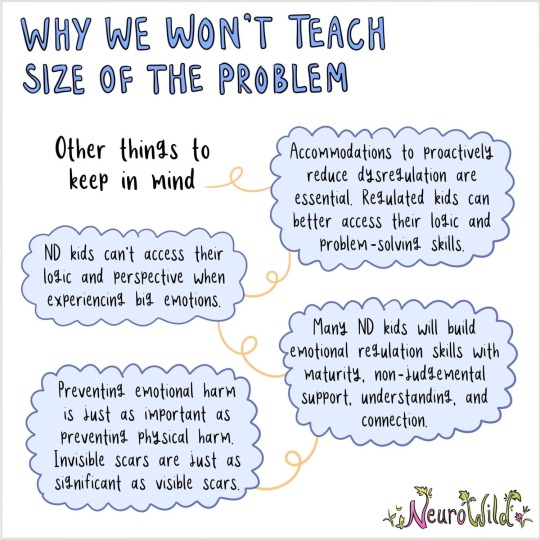
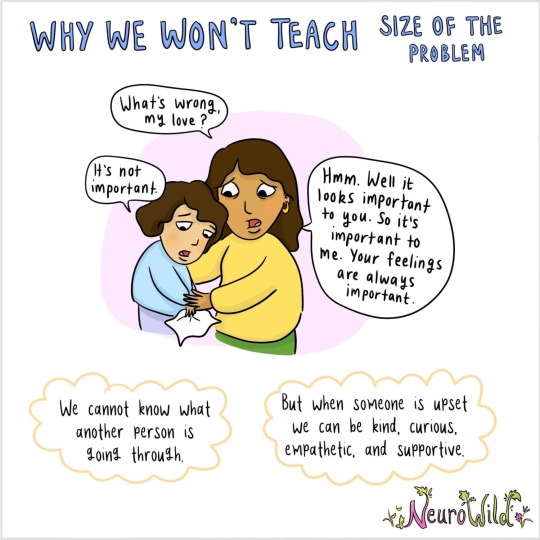
Thank you to Em at NeuroWild
“Let’s talk ‘size of the problem’.
This is something a speech therapist might work on with a kid. Potentially it might also be picked up by a psychologist, OT, teacher, or other adult.
Generally, this goal is given to neurodivergent kids to try and minimise their emotional responses to ‘small problems’. In other words, adults want our ND kids to stop ‘getting upset’ over ‘trivial’ things.
Here’s the thing though- what is small for some people is not small for everyone else.
We don’t choose our emotions.
We respond to problems and situations with whatever processing system and mental capacity we have at the time.
We do the best that we can.
Our ND kids might react more intensely to something like spilling a drink than their neurotypical peers. That doesn’t make their response wrong. It simply reflects the varied human experience.
It’s important to remember that a big emotional response is often due to an accumulation of stressors, increasing dysregulation, and depletion of mental energy. It’s actually not about the problem that just occurred- that was just the breaking point. It’s about all those other things.
Anyway.
I hope these images make sense.
I know they’re wordy.
If anyone could write up image descriptions I will attach them.
Otherwise, I’d like to know your thoughts on this.
Em 🌈”
#asd#tea#autism#autismo#autistic#autista#neurodiversity#neurodiversidad#neurodivergent#neurodivergente#audhd#adhd#SLP#OT#aba#BCBA#behavior#sped#sped community#sped teacher#special needs community#special needs teacher#size of the problem#don’t teach size of the problem#neurodivergent community#autistic and proud#autistic culture#autistic community#actually neurodivergent#comunidad neurodivergente
15 notes
·
View notes
Text

BCBA in Albuquerque
Our board-certified behavior analysts in Albuquerque aim to teach skills and implement meaningful behavioral changes using evidence-based practices. Call Camino today!
0 notes
Text

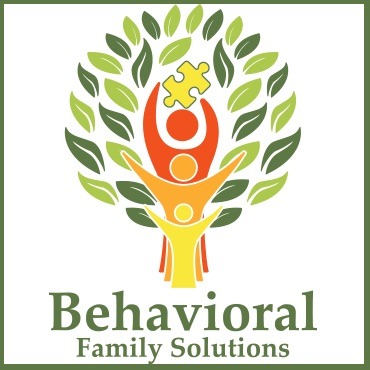
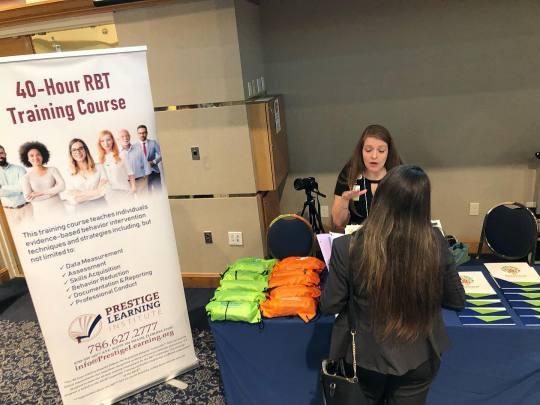
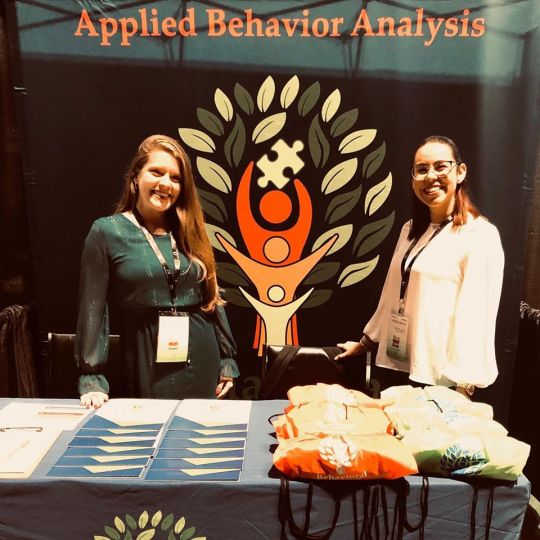







Behavioral Family Solutions
13195 SW 134th St Ste. 201, Miami, FL 33186
786-206-6500
https://behavioralfamilysolutions.com/
Behavioral Family Solutions, in Miami, FL, is a private agency experienced in delivering the highest quality therapeutic services to children and their families since 2016. At BFS we provide applied behavior analysis by highly trained and skilled staff, such as Board Certified Behavior Analyst (BCBA), Board Certified Assistant Behavior Analyst (BCaBA), and Registered Behavior Technicians (RBT).
In following a multidisciplinary approach, we also provide cognitive behavioral therapy with services provided by highly trained and skilled Licensed Clinicians. We feel it is vital to our client’s progress to be able to address behavior and its environment as well as emotional components of the individual and family in order to obtain optimal progression of treatment. Services are provided in the community, at home, in schools, and at our state-of-the-art center locations.
#Autism#BCBA#BoardCertifiedBehaviorAnalysis#RBT#RegisteredBehaviorTechnician#ABATherapy#BehaviorAnalysis#ABATherapyNearMe#MentalHealthServices#AutismTherapy
1 note
·
View note
Text

GENTLE REMINDER. Take a deep breath. you got this boo boo ♥♥
#take a breath#mindfulmoment#mindfulness#psychology quotes#psychology#BCBA#education#bb community#self care#mental health#meditation#happiness#self worth#self help#self improvement#self love#self growth#daily calm
10 notes
·
View notes
Text
youtube
Dr. Doreen Granpeesheh BCBA-D responds to a viewer that wanted to know, how to know when to stop ABA. Tune in and see what Dr. Doreen has to say in this segment of Ask Dr. Doreen. Thank you for watching this video: "Ask Dr. Doreen
#When do you Know When it is Time to Stop ABA?#Clinical Psychologist#Behavioral Therapy#BCBA#Autism#Autistic#Play#Youtube
0 notes